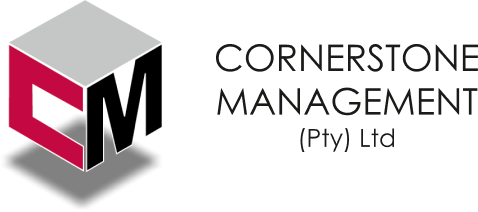Building A Property Portfolio
Continued local and international market volatility has many South Africans actively looking to create a property portfolio.
Gary Palmer, CEO of Paragon Lending Solutions, looks at how to take advantage of stalling property prices and what's shaping up to be a buyers' market in order to get started:
1. Capital growth can't be your cornerstone
Many new investors will see a great property in a good area going for a good price and think this equates to a good investment. Investors should be looking for properties which immediately generate income and have the ability to deliver sustained, secure income growth over time. Just focusing on the property appreciation over time will not yield the kind of growth your portfolio requires. Properties drain cash. Upkeep, increasing rates and taxes and other expenses mean investors must look for good cash-generating properties if they hope to build a growth portfolio.
The earnings and serviceability of your first property, rather than its resale value, will be closely scrutinised by lenders when you look to secure a loan for the next property purchase.
It's also important to remember that it's not just about maintaining a property, investors need to constantly find ways to nurture their investment over time. The days of yield compression are over, and you now need to find ways to add value to your tenants and the property itself.
2. Local is attractive
The lure of owning international property can be intoxicating and, if you can, you should spread your portfolio to include some exposure to foreign income. However, the local market is currently offering excellent value. More than this, being close to your asset means you can take a much more effective and hands-on approach in terms of managing and overseeing your investment. As one property investor wisely said, you will make more money from a property within a one kilometre radius of your head office than anywhere else.
3. Build a risk margin into your return forecasts
Buying a property that has great returns is the goal when starting a portfolio, but it's prudent to be realistic about your future - especially when you are looking to add an additional property to your investments. Signing long-term leases with stable tenants is a sound first step, but even the best laid plans can hit a snag. When preparing your forecasts for lenders ahead of your next purchase, make sure you factor in a couple of months without your rental income.
Should your tenants suddenly depart, you don't want your investment plans to fall apart - and you can be sure your potential lenders for the new property will have done the same when they assess your risk profile.
4. Consider partnering with a high-net worth individual
Getting into the property market can be a challenge. South African lending models are generally geared towards people who either have a strong balance sheet or who have good equity. If you want to get a foot into the door you need to be out on the road and finding the really great opportunities. Fortunately there are a number of deals to be had at the moment, and many investors are capitalising on this.
Partnering with a high-net-worth individual is one way for new investors to get started. As with all business partnerships, making sure there is a good cultural fit, a common vision and long-term expectations, and that all the partnership agreements and paperwork are settled is paramount.
Many a successful property portfolio has been built on a 'Find, Bind and Grind' partnership. This is where someone puts in the work to find a great deal, the other puts together a great deal and business plan to make the investment work, and finally the investment is made to do the work (grind). In this way, it may even work out that the partner who found the property doesn't even put money into the deal, but rather does all the work required to make the investment profitable.
Finally
Whatever the method you choose when starting a property portfolio, it's important to remember that there are independent lenders who can introduce you to a network of potential investors, says Palmer. More importantly, they can help you find one that best suits your unique needs and investment vision.

